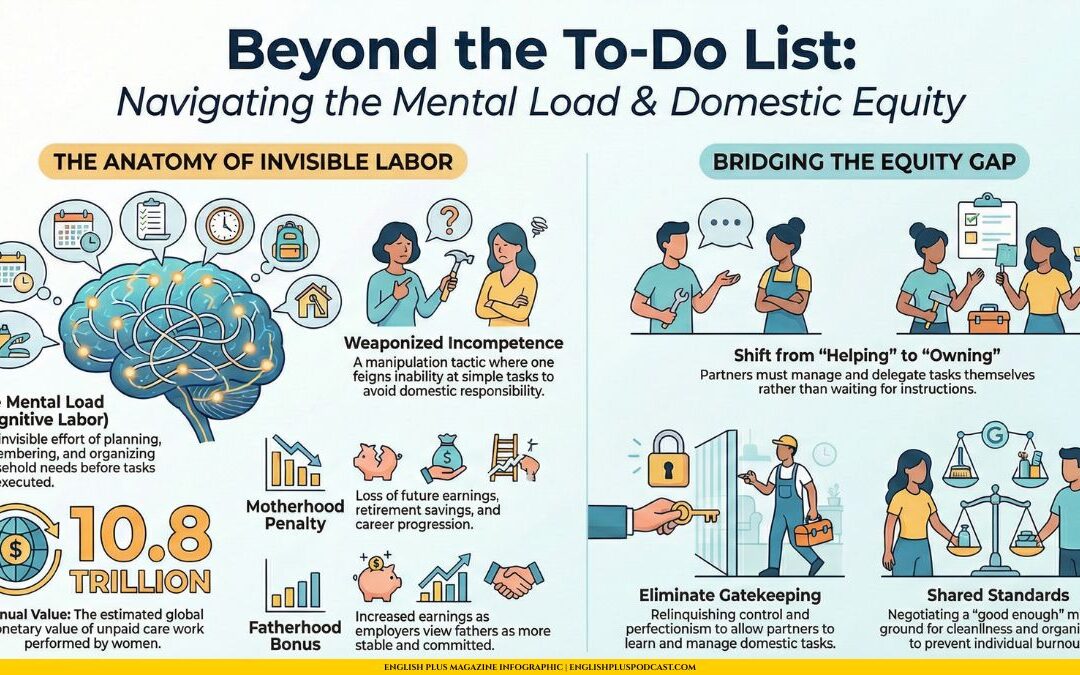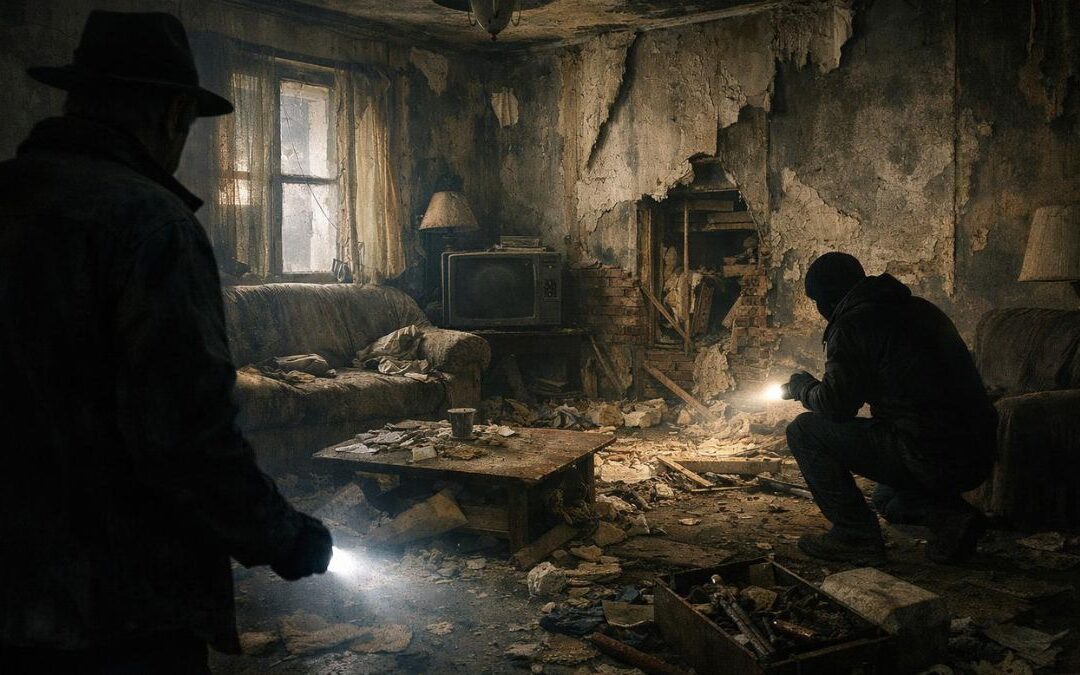A Weariness Deeper Than Sleep
Have you ever felt a weariness that goes far beyond just being tired? It’s not the satisfying ache in your muscles after a long hike, nor the simple sleepiness at the end of a busy day. It’s a deeper state of being, a heaviness that seems to settle in your bones and fog your mind. It’s a listlessness where even the thought of doing something feels like a monumental effort. You’re not necessarily sleepy, and you’re not necessarily sad. You just… are. There is a perfect, beautiful, and criminally underused word that captures this feeling exactly: Lassitude.
Not Tired, Not Lazy, but… Something Else
Let’s get specific, because the power of this word is in its precision. Lassitude is not the same as being tired. Tiredness is a physical debt that can be paid with sleep. Lassitude is more persistent. It’s also not the same as laziness. Laziness implies an unwillingness to exert oneself, often out of a lack of care or motivation. Lassitude is different. It’s a state of being where the energy to exert oneself simply isn’t there. It’s a weariness of both body and spirit. If tiredness is a drained battery, lassitude is a low-power mode that affects the entire operating system.
The Feeling of Lassitude
Imagine the air on a hot, humid, and completely still summer afternoon. That thick, heavy, unmoving quality—that is the feeling of lassitude. It’s the mental fog that makes forming a coherent thought feel like wading through mud. It’s the physical drag that makes your limbs feel like they’re weighted down. It’s the emotional state of “meh,” a lack of enthusiasm for things you might normally enjoy. It’s a state of languor, of dreamy sluggishness. It’s the profound desire to melt into the couch and do absolutely nothing, and for that nothingness to be perfectly okay.
A Symptom of Our Times
Why does this word feel so relevant right now? Perhaps because our modern world is a breeding ground for lassitude. Think about burnout from the relentless pressure to be productive. Think about the mental exhaustion from the 24/7 news cycle and the endless scroll of social media. This constant barrage of information, stimulation, and emotional demand can lead to a profound sense of spiritual and mental fatigue. Lassitude can be a quiet, personal rebellion—your body and mind simply saying, “I’ve had enough. I need to power down for a while.”
The Hidden Beauty of the Pause
And here’s an optimistic spin: what if lassitude isn’t a flaw to be fixed, but a signal to be heeded? What if it’s not a state we need to “push through” with more caffeine and grit, but a necessary and even beautiful pause? In our hustle-obsessed culture, we see any lack of energy as a problem. But lassitude can be a sacred space of rest. It’s a forced slowdown that allows our internal systems to recover and recalibrate. It can be the quiet, fallow period that must come before a new season of growth and creativity. It’s a gentle surrender.
Moving Through, Not Fighting Against
So, how do we respond when we feel this profound weariness? Not by fighting it, but by moving with it, gently. Lassitude doesn’t respond well to force. It responds to softness. It might be a short, slow walk in the fresh air. It might be putting on a piece of music that requires nothing from you. It might be the simple comfort of a cup of tea or a quiet conversation with a friend. It’s about performing small acts that reintroduce a trickle of gentle energy, rather than trying to blast away the fog with a firehose of activity.
The Power of a Perfect Word
There is immense power in having the right word for a feeling. It validates our experience. It makes us feel understood, even if only by the dictionary. The next time you feel that deep, soul-level exhaustion, try giving it its proper name. Instead of saying, “I’m so tired,” or “I feel so lazy,” try telling yourself, “I’m feeling a state of lassitude.” It honors the depth of the feeling. It gives it a certain dignity. And it reminds you that it is a state of being, and like all states, it will eventually pass.
When you experience lassitude, what is your go-to gentle remedy to help yourself through it? I would love to hear your thoughts in the comments.









0 Comments